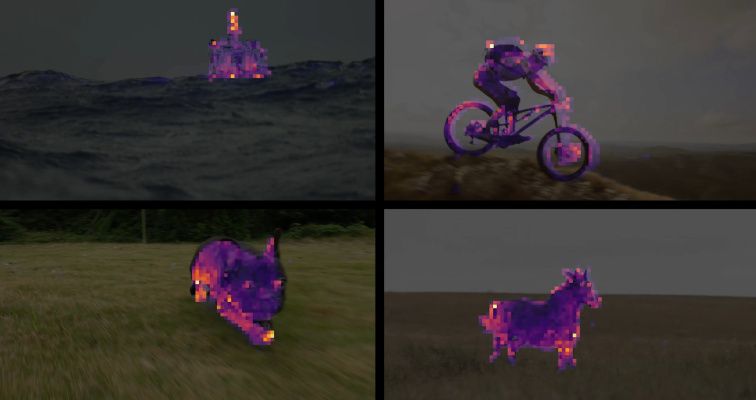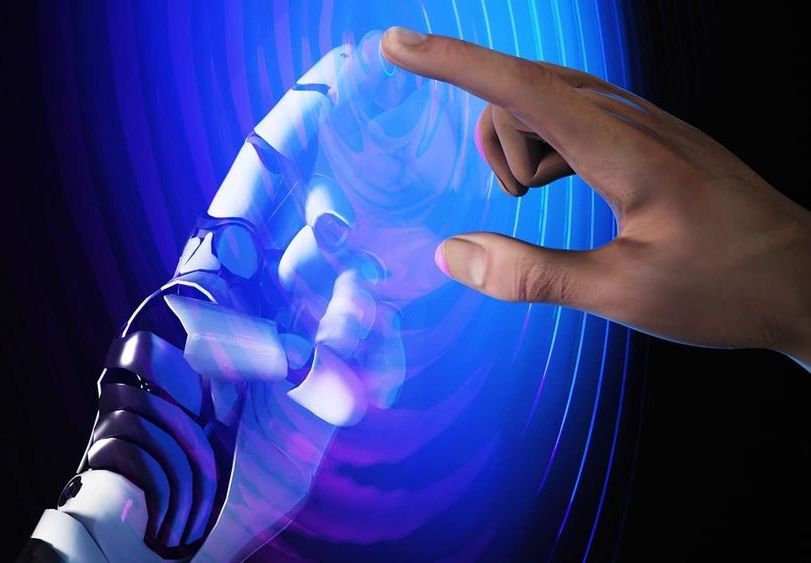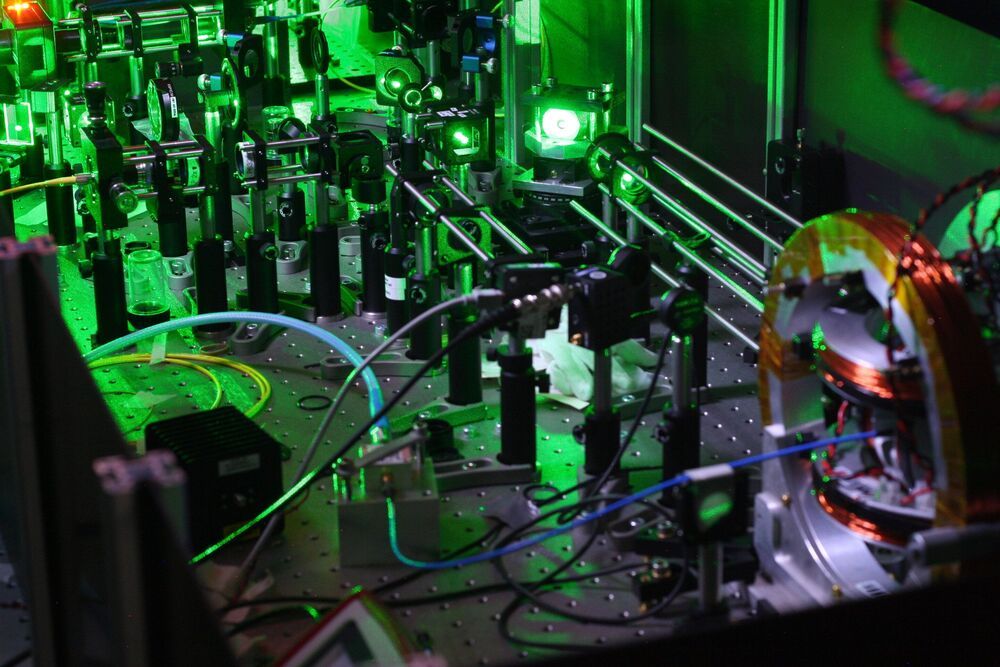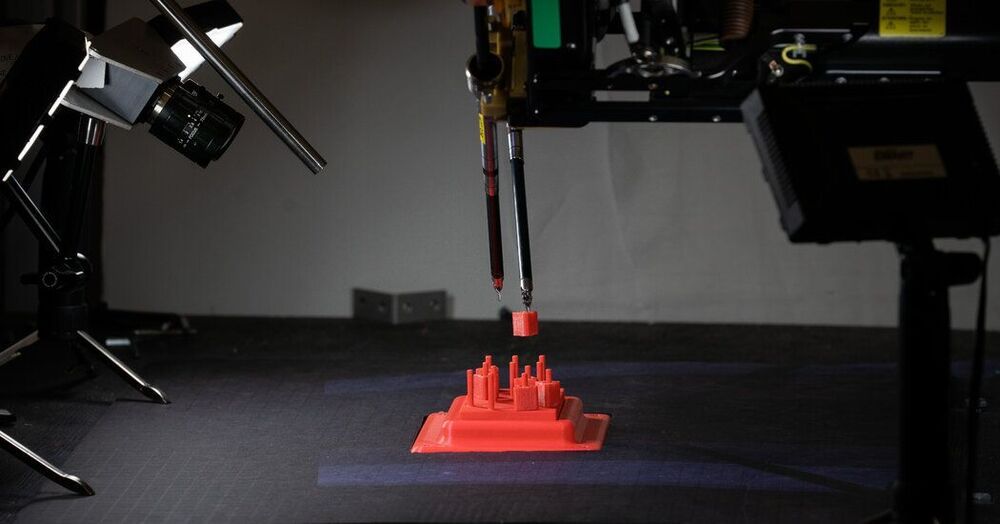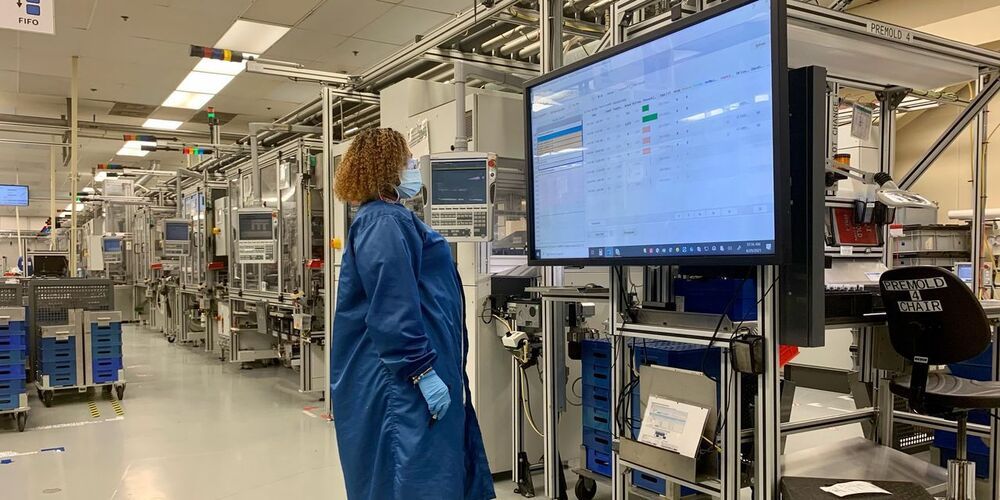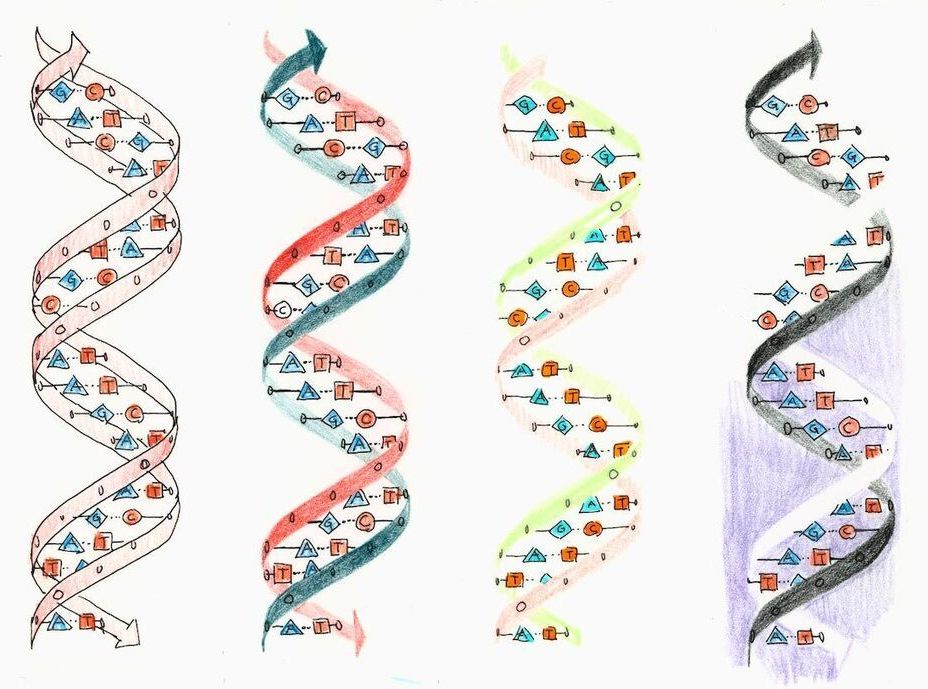One of the interesting consequences of the emergent upshift in visual systems is that all streetlights, car headlights and other external sources of lighting will no longer be needed within around a decade. This will not only make astronomers happy, since they will be able to see the dark skies again but will simplify urban infrastructure. The three convergent elements making this change of affairs come about are the following:
1) Quanta Image Sensors, whether of the SPAD or the CIS-QIS versions are expected to become widely available within 5 to 10 years. Unlike the CMOS image sensors in billions of cell-phone cameras, which only register packets of the incoming light, these sensors can register single photons of light. The most versatile of these are the QIS sensors being developed by Fossum—who also developed the CMOS sensor—wherein a single jot\.
Demonstrating single-photon sensitivity at room temperature without avalanche multiplication, QIS technology offers sub-diffraction-limited pixel sizes and many degrees of freedom in computing the reconstruction of the image to emphasize resolution, sensitivity, and motion-deblur.
